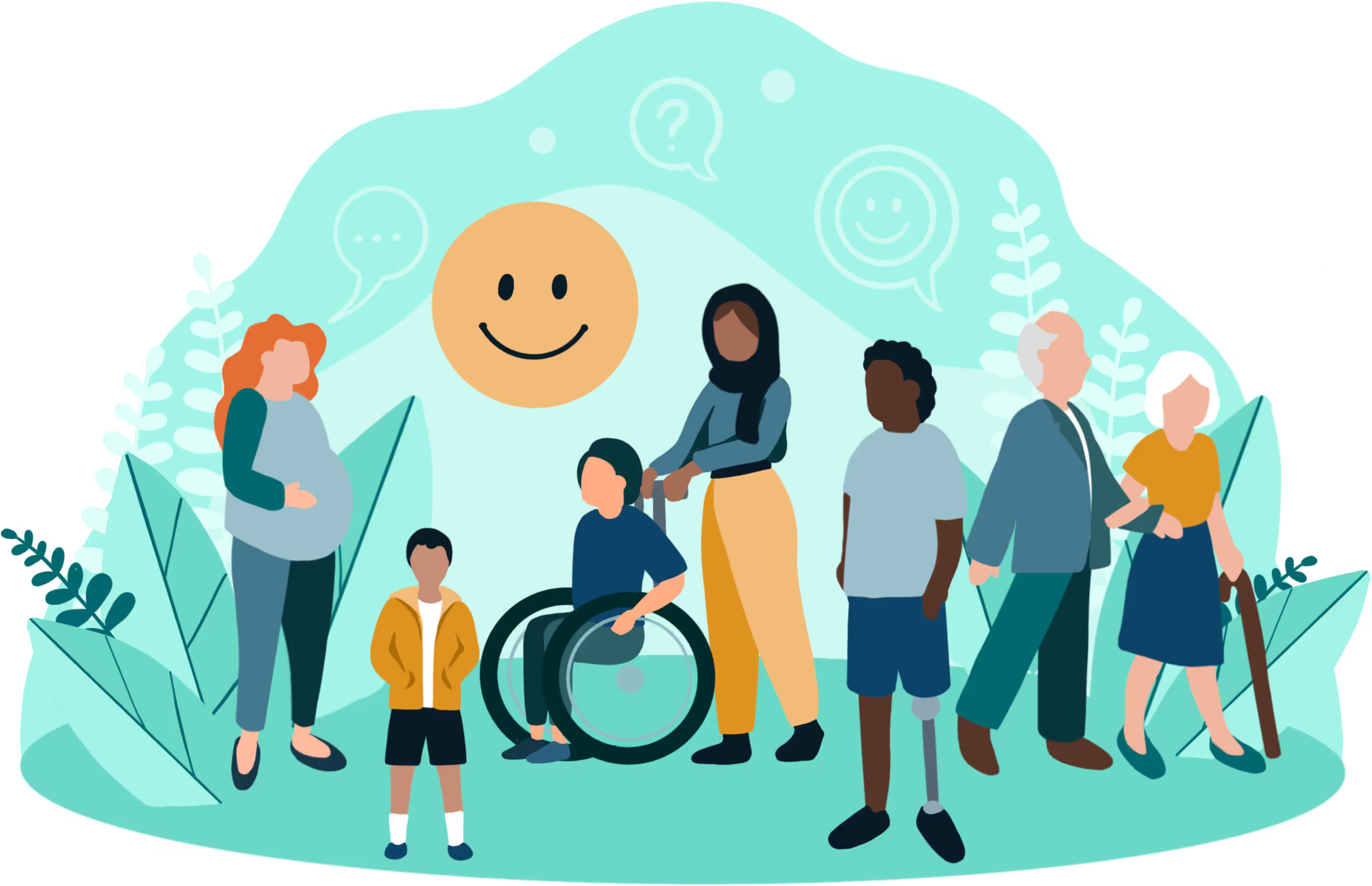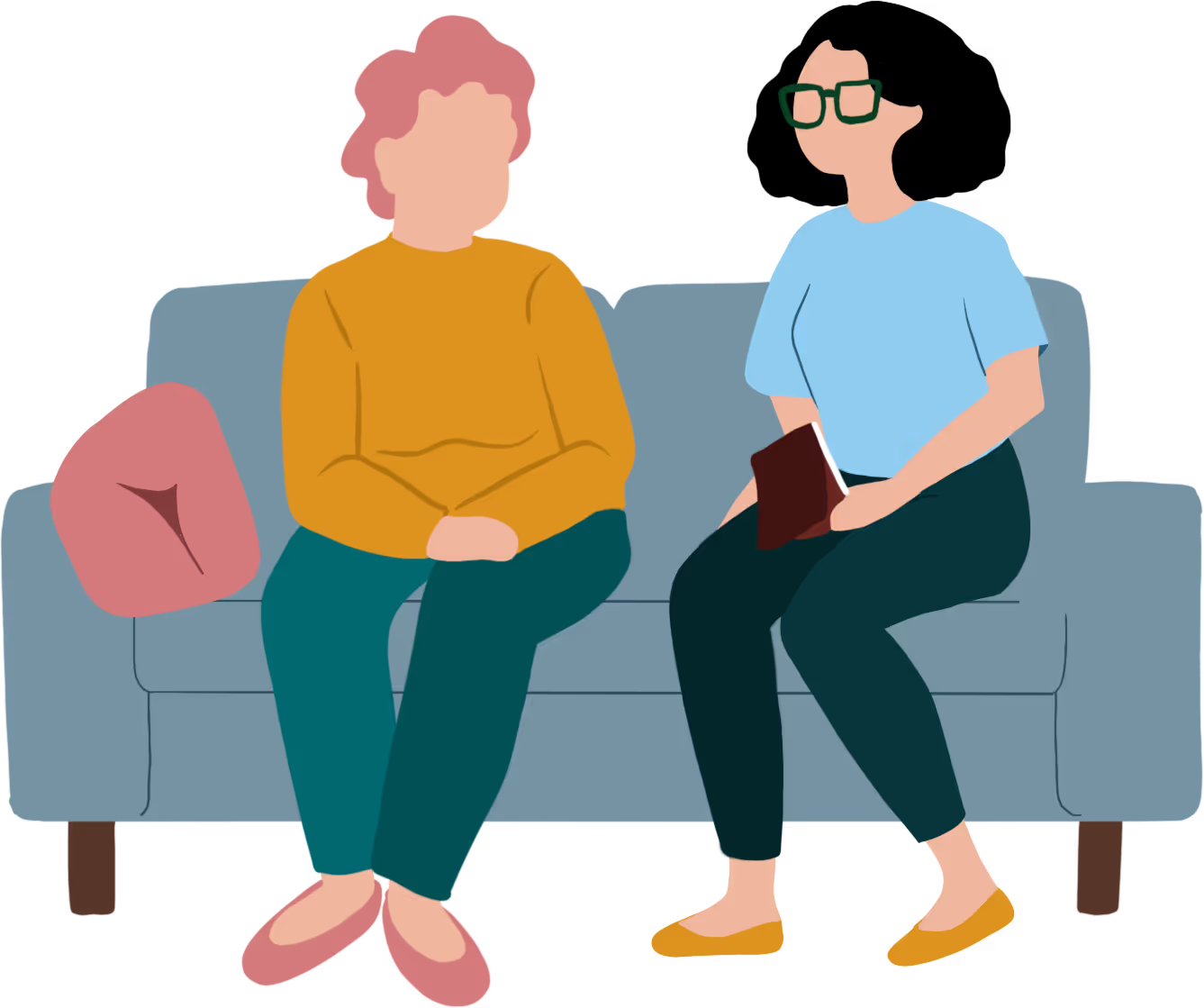Stories about how our service can help.
How would raising your health or disability concerns help you? What would it mean to you to have the information you need about your care? Could you turn a negative experience around? Here are some examples of how advocates help people each day.
Working out what happened during surgery
Hoani wants to know what happened when he was in the hospital.
Read Case STudy
Finding helpful options
Hayley was worried that her son was not getting the care he needed.
Read Case STudy
Meeting to address concerns.
June gets support to find a solution at her residential care home.
Read Case STudy















